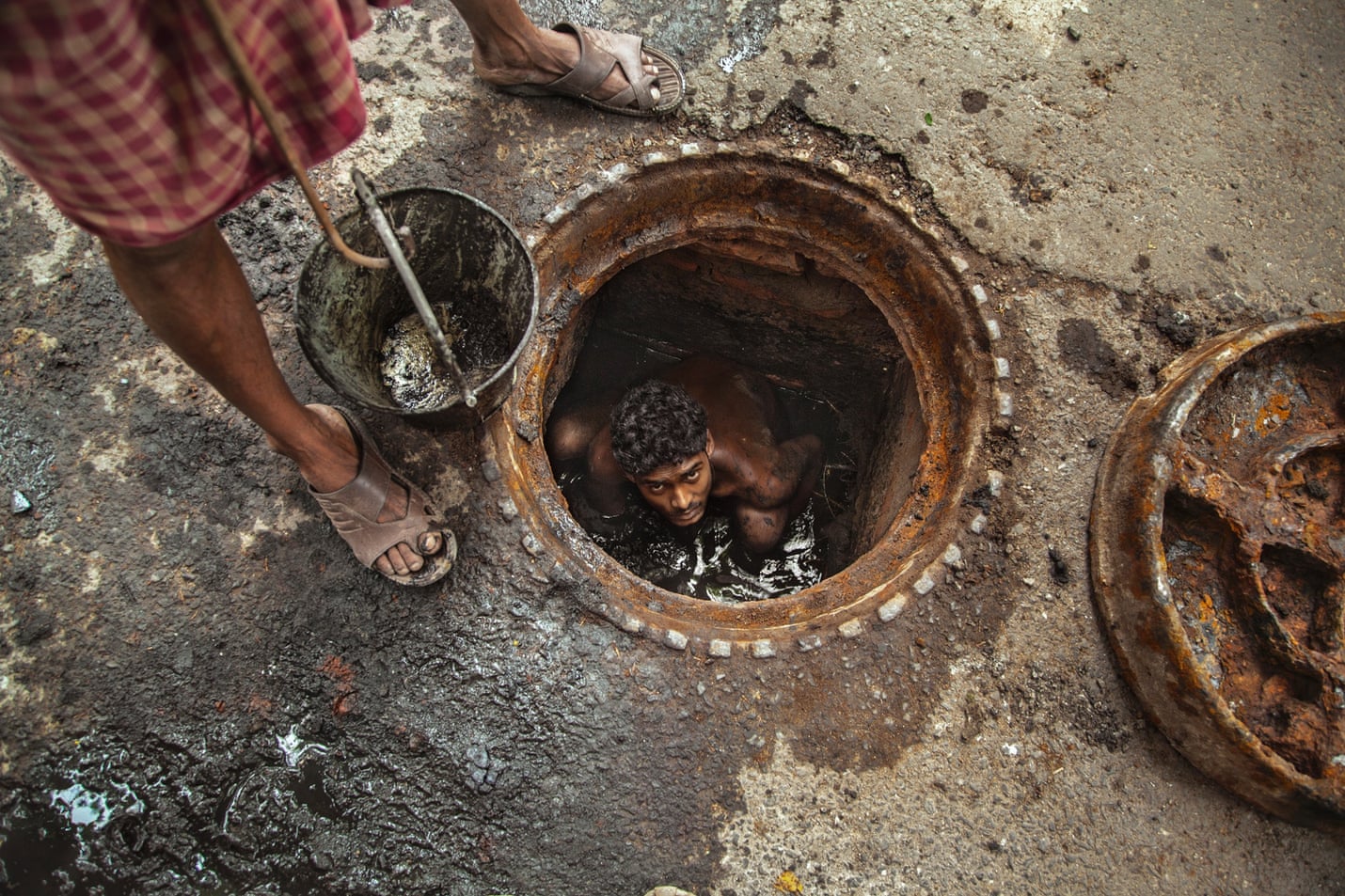
The coronavirus pandemic has been claiming lives across the world and has now brought India to the third position as far as the spread of the infection is concerned. After United States of America and Brazil, India comes at the third position as far as the spread of the coronavirus infection is concerned. But while it is true that the number of infections has been on a steady rise despite the innumerable measures taken by the government to control and contain the infection, the plight of a majority of workers employed in the informal and unorganised sector continues to be deteriorating at a large scale.
One of the weakest sections of the population as far as vulnerability to the coronavirus infection is concerned is composed of sanitation workers. Sanitation workers in India are amongst the worst hit sections of the population amid the coronavirus infection because they don’t have access to enough or sufficient resources to protect themselves from the infection.
Sanitation workers are an already weak community and even before the pandemic came about in India, they often complained of extensive exploitation and marginalisation at the hands of the employers, received irregular pay and worked in extremely inhuman conditions in the absence of safety gear or insurance to protect them if they fell ill.
It is in this context that a recent study published in IndiaSpend comes to the limelight. One of the most important issues that the report raises is that similar to doctors, nurses and other medical personnel and frontline workers who are working day and night to control and contain the spread of coronavirus, sanitation workers are often exposed to infection from the waste that they are compelled to handle as part of their professional demand.
But because there is widespread unawareness about how they can take care of themselves or the fact that they don’t have access to safety equipment has been making them ever more exposed to the coronavirus infection. The report shows that a majority of sanitation workers surveyed don’t have access to the equipments required to protect themselves from the infection or even a health insurance or healthcare facility to take care of their needs if they happen to take sick.
A large section of sanitation workers employed in different parts of the country, don’t even have access to basic tools such as masks, gloves, gumboots, caps and a health insurance to keep themselves safe. Given these limitations, the safety and wellbeing of sanitation workers has become a huge concern especially as the country battles the coronavirus pandemic.












